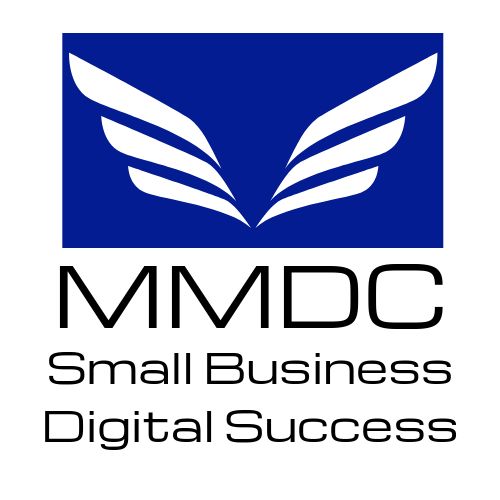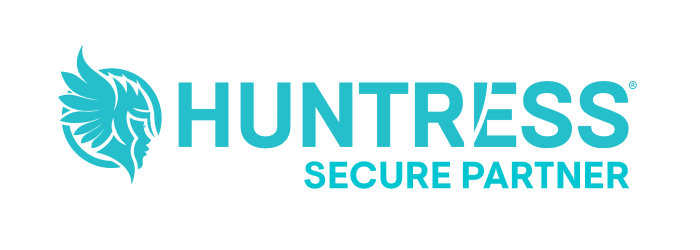Small Business - How to Succeed in Changing Markets
December 8, 2017

A Delicate Balance of Adapt and Differentiate
Adapt through Adopting Adopting the strategies of the prevailing market to the degree that they fit your business's mission can be helpful. As an example, if your business is a brick and mortar retailer, you could move into eCommerce by developing a proprietary website, and/or move into selling your products on the Amazon marketplace via the Fulfillment By Amazon (FBA) program.
Adopting main stream strategies and technologies effectively answers the question of “How will my customers buy from me in the face of dramatic changes” by keeping your business aligned with the current business models with which you customers are familiar. Blaze Unique New Trails Through Differentiation Differentiation, on the other hand, means developing and effectively marketing the factors that differentiate your business from others, and may result in establishing a niche’ or specialty market that is intentionally less influenced by the current of main stream retail commerce. Developing, organizing and communicating differentiation could be summarized as creating and marketing your business's Unique Selling (or Value) Proposition (USP or UVP). There are several online tools and guides to assist with the development of a USP, one of which is here: Differentiation effectively answers the question of “Why will my customers buy from me in the face of dramatic changes” Lastly, stay abreast of current trends and take time to think in terms of “What will my vertical be like in 5 years, in 10 years?”. Looking forward and organizing your business planning around well-informed expectations for the future may eliminate the need to play catch-up.
As Google’s AI Overviews transform how search results are displayed, local businesses are facing a new reality for “near me” searches. This article explores how local SEO is evolving in 2026, why AI-powered search is changing the rules, and what brands can do to maintain visibility and drive local engagement.

At MMDC, giving back is central to who we are. September is a month dedicated to two worthy causes: Suicide Prevention Awareness and Childhood Cancer Awareness. We are proud to stand alongside two vital organizations: the International Association for Suicide Prevention (IASP) and the National Pediatric Cancer Foundati










